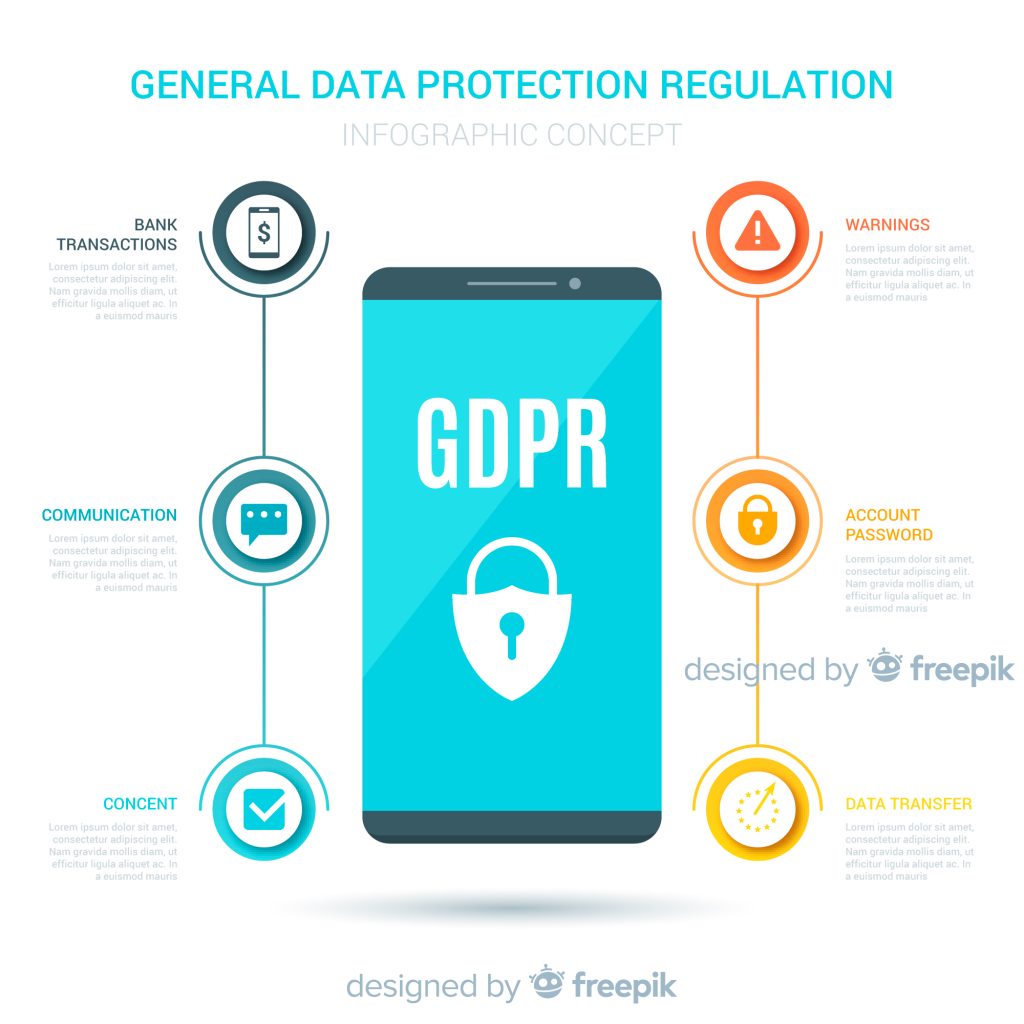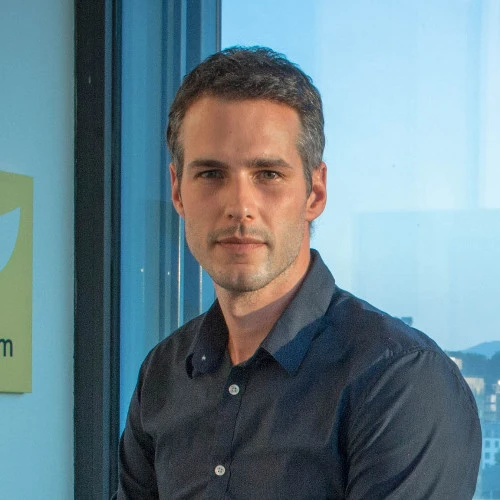LMS offers a path to success for Slovenian companies
In the modern business environment, Slovenian companies are faced with the challenge of organizing effective, accessible and interactive training for employees. Digital transformation means that traditional methods are gradually being replaced by modern learning platforms - Learning Management Systems or LMSThese not only enable 24/7 access to learning content, but also bring greater flexibility, savings, and personalized learning paths for individuals.
For Slovenian companies, the use of LMS is also a response to the internal need to optimize processes and comply with legislation - while reducing training costs, logistics and dependence on physical presence. By implementing smart LMS solutions such as Smart Arena, companies are introducing personalized learning paths, interactive modules and AI-supported analytics, which contributes to higher employee engagement and clear measurement of results.
On this path to success, the key is implementation, which begins with a needs analysis, test projects and gradual implementation. With a carefully prepared strategy and the support of local solutions, Slovenian companies can exploit the full potential of LMS, create a sustainable learning culture and ensure a long-term competitive advantage.
Criteria for choosing the ideal LMS
User experience and mobile accessibility
Today's employees expect to be able to learn on mobile devices - Smart Arena is flexible and responsive, enabling learning anywhere, anytime.
Personalization and AI capabilities
AI-supported learning paths, automatic content suggestions, and translations enable a personalized experience that Smart Arena offers as a “pioneer of dynamic e-learning”.
Integrations with HR, ERP and CRM systems
Smart Arena enables connectivity via APIs, SSO, CRM and ERP, simplifying management and unifying business processes
Analytics, reporting and GDPR compliance
With deep analytics, reports, and local support, Smart Arena enables secure and compliant personal data management built on GDPR standards.
Pricing structure for different companies
The choice of package also depends on the type, size and budget of the company. Usually, different packages are offered, suitable for small, medium and large companies, with clear concepts regarding e-space, number of users and possible system upgrades.
Steps in implementing an LMS in a company
To facilitate the implementation of LMS in companies, we recommend following some key steps that will help speed up implementation and integration.
- Needs analysis and plan – define goals: compliance, development, onboarding.
- Pilot project – testing the platform on a smaller sample.
- Content migration – Smart Arena helps with importing existing material.
- Training, maintenance and optimization – local support and further adaptation provided.

Why choose Smart Arena LMS?
AI support and personalized learning paths
Smart Arena automates content creation and creates personalized learning paths based on advanced employee performance analytics. The platform automatically adjusts the course of training, suggests additional materials and tests - all with the aim of keeping employees motivated, progressing faster and acquiring skills that are critical for business success.
Automation, analysis and progress monitoring
In-depth statistics provide insight into individual and collective results. Smart Arena performs automatic performance monitoring, detects knowledge gaps, and automatically informs managers or mentors about necessary adjustments. This precise monitoring strengthens learning accountability and encourages continuous improvement.
Integrations (API, SSO, ERP, CRM)
The platform easily connects to existing systems – via API, SSO or direct modules for HR, ERP and CRM systems. This ensures that all processes are connected into a single learning environment, facilitates user policy and reduces administrative burden.
Social learning and mobile accessibility
Smart Arena encourages collaboration through forums, sharing materials, and creating collaborative learning content. It is also fully mobile – accessible via an app or mobile browser – allowing learning to take place anywhere, anytime.
GDPR compliance and local support
Built in accordance with European and Slovenian legislation (GDPR), the platform ensures a high level of personal data protection with encryption, access control and archiving. In addition, Smart Arena offers local support and consulting – for quick resolution of issues and implementation support.
Frequently Asked Questions (FAQ)
- What is an LMS and why is it useful?
LMS is a digital platform for learning, training and coaching within an organization that saves time, costs and ensures compliance. Smart Arena offers a comprehensive LMS with AI and local support. - Is Smart Arena mobile accessible?
Yes – it is adapted for mobile devices and allows you to learn anywhere, anytime. - What integrations are available?
Supports API, SSO, connection to HR, CRM and ERP systems. - How does the migration from the old LMS work?
Smart Arena helps with content migration and integrations, making the transition easier. - What is GDPR compliance and support?
The platform uses strong encryption, is GDPR compliant, and offers local support

LMS offers strategic growth for Slovenian companies
👉 If you want to check out how a smart LMS can benefit your company or organization, contact us and get a demo or consultation – The shift to intelligent learning starts here.
For Slovenian companies, LMS is not just about digitalization – it means strategic growth, operational efficiency, compliance with local requirements and accessibility tailored to the Slovenian context. Smart Arena is an ideal choice in this process, combining advanced AI support, intuitive integrations, deep analytics and local support.
Smart Arena thus becomes a strategic partner for the company, as AI automatically adapts learning content based on employee results and helps managers identify knowledge gaps – thereby supporting decision-making and growth. System integration with HR, ERP and CRM solves administration, reduces operational costs and enables faster and more efficient penetration of LMS into everyday life, while added mobile accessibility allows learning to take place anywhere, anytime – without location restrictions.
In addition to technological excellence, Smart Arena stands out with a high level of security and legal compliance - it fully complies with Slovenian and European legislation (GDPR, data protection, archiving). Unlike global providers, it also offers local, Slovenian support: quick responses, professional advice and understanding of local trends and requirements.
If you want your education system to become a driver of success, a strategic tool for your company, and enable rapid employee adaptation - now is the right time to implement Smart Arena. 👉 Get a test and build an effective, strategic learning environment today!
